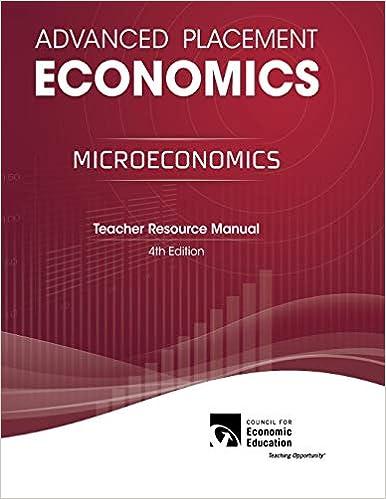Question
Duke University behavioral economist, Dan Ariely, conducted the following study. He obtained a list of people who signed up for a lottery to receive free
Duke University behavioral economist, Dan Ariely, conducted the following study. He obtained a list of people who signed up for a lottery to receive free NCAA tournament tickets. After the random drawing, he contacted the lucky winners and asked them about the hypothetical minimum price at which they would be willing to sell their tickets. He also contacted the unlucky individuals who did not win the lottery and asked them about the hypothetical maximum price they would pay for the ticket. Given that winners were picked at random, it would be logical to expect that the two groups would have similar reservation prices. Ariely estimated the hypothetical sale price to be 14 times higher than the hypothetical buying price. It seems that people are more likely to retain an object they own than to acquire that same object when they do not own it. Behavioral economists are generally aware of such an effect and label it "endowment effect". Use the concept of Kahneman-Tversky asymmetric value function to explain how this effect might come about.
Step by Step Solution
There are 3 Steps involved in it
Step: 1

Get Instant Access to Expert-Tailored Solutions
See step-by-step solutions with expert insights and AI powered tools for academic success
Step: 2

Step: 3

Ace Your Homework with AI
Get the answers you need in no time with our AI-driven, step-by-step assistance
Get Started


